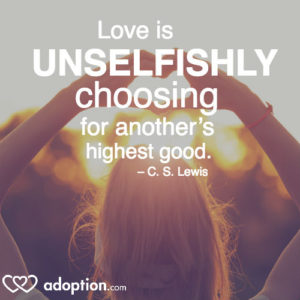February 14, 2019
Understanding Reactive Attachment Disorder
Reactive Attachment Disorder (RAD) is a disorder that develops in children who have been neglected in their care (ie: not being soothed when upset or fed when hungry) and have been unable to form a healthy emotional and physical bond or attachment with their primary caregivers.
What is attachment? In these critical early years, attachment forms when a child’s needs are instantly met, when they feel soothed and cared for. It is through this type of bond that children are able to become more aware of their relationships with others, how to trust people, and how to regulate their own emotions. It may seem shocking, but failure to provide these basic needs in the first few years of a child’s life can affect their entire future.
There are some common signs to look for in RAD:
- Depression
- Resistant to comfort and care
- Inappropriate in their attachment to other people
- Indiscriminate sociability while interacting
- Irrational anger if basic needs or requests are not honored immediately
For many, RAD is often confusing and disheartening, but there are ways to treat and amend this behavior. It’s a long journey, but it starts with love and safety. It’s important to gently start to build a relationship with your child while creating a safe and structured home. This can be a frustrating process, but it’s important to realize that “normal” parenting techniques sometimes don’t work with this disorder. And as always, early intervention is key.
So, what is considered a success when you’re in the trenches with RAD? Oftentimes it’s hard to define, but the positive note to that is that families can create their own success scale. The Institute for Attachment defines success in a lot of different ways. Some examples they provide are:
- Primary caregivers are able to reflect and process the struggles they have had in their journey through RAD
- Caregivers are able to recognize their child’s triggers and develop coping strategies to avoid conflict
- The child starts to have a natural desire to create positive relationships within their family
- The child will start to develop coping strategies to express their feelings rather than act out
There are lots of others stories of success – don’t be discouraged if you haven’t exactly found your method; these things take time. And remember – do not be afraid to seek professional help. The Institute for Attachment has developed an amazing strategy for families to integrate into their daily routine. Visit them here, and remember that you are not alone!


